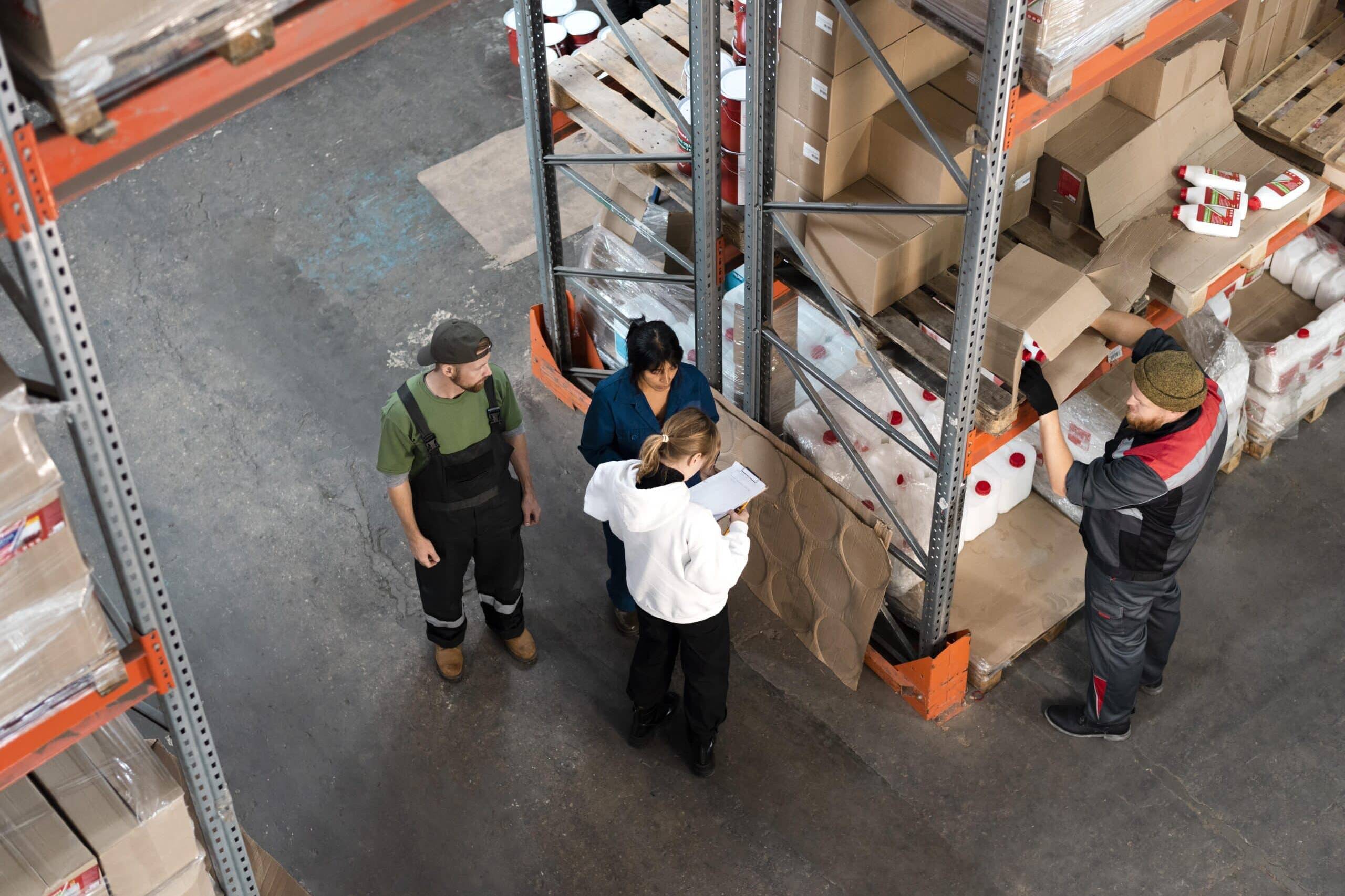The production of raw materials for making tea employs thousands of people worldwide. But not always under the best conditions. Besides the environmental damage caused by the plantations, which often receive tons of fertilizers, there is also human exploitation. Workers working in poor conditions, without adequate wages or guaranteed rights, without access to health and education are not uncommon.
As tea leaves grow in tropical regions they endanger the forests that still resist, degrade the soil, and threaten their fragile ecosystems. The use of pesticides and pesticides cause diseases in workers, pollute the soil and groundwater, and condemn to extinction pollinating insects that are fundamental for the sustainability of nature, such as bees.
TRANSFORMING TO TRANSFORM
In 2010 a sustainability committee created by the Lipton company established that the company's tea production would be certified by the Rainforest Alliance starting in 2015, a major innovation for a company recognized for decades as synonymous with tea production. In the 19th century, Thomas Lipton began working as a steward on an ocean liner. He met his first tea plantation in Ceylon (now Sri Lanka). In 1871 he opened his first store in Glasgow, Scotland. After that he became a reference.
To change the course of history and assume the commitment to adopt good environmental, social and governance practices, ESG, the company became a supporter of sustainable production and conscious consumption agendas in the 19th century. It is a path with no turning back, because its leaders recognize that corporations that do not join this movement of producing to transform, to improve the world, tend to disappear.
Lipton is an important part of the Anglo-Dutch giant Unilever, the largest consumer goods company on the planet, owner of revenues of 53.7 billion euros in 2017. By express determination of its managers, all the company's packaging will have to be recyclable and from renewable sources by 2025. Lipton has adapted products and packaging to use fewer raw materials and be easier to dispose of. The boxes and sachets are more compact and packaged in a more "environmentally friendly" pyramid format. Most of the paper used is PEFC "Programme for the Endorsement of Forest Certification" and FSC "Forest Stewardship Council" certified. This certificate is awarded to suppliers when they commit to conserving sustainable forests, which have a protected ecosystem, and honor the rights of local workers. It is the commitment made in the present to sustainability in the future: of the company, of humanity, and of the entire planet.


